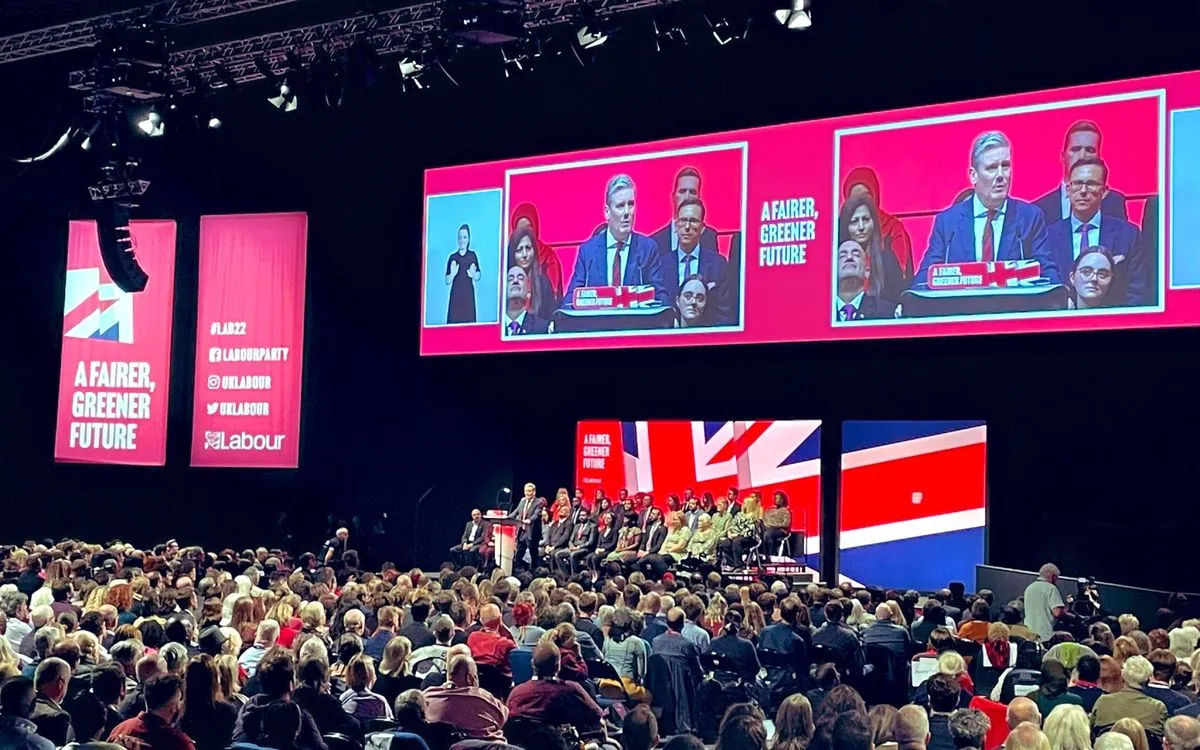The Labour Party's annual conference in Liverpool, commencing on September 22, 2024, has encountered unexpected hurdles, deviating from the celebratory atmosphere Keir Starmer and his team had anticipated. The event, meant to showcase Labour's potential return to power after 14 years of Conservative rule, has instead been overshadowed by controversies surrounding policy decisions and financial practices.
At the forefront of the debate is the party's decision to limit winter fuel payments to the elderly through means-testing. This move has drawn sharp criticism, particularly from Sharon Graham, the general secretary of Unite, one of Britain's largest trade unions. Graham characterized the policy as "cruel" and urged its reversal, emphasizing the need for genuine change that voters expect.
Bridget Phillipson, the education minister, defended the government's stance, citing a significant financial deficit inherited from the previous administration. While acknowledging the difficulty of the decision, Phillipson stressed its necessity for fostering economic growth. The policy is projected to save approximately 1.3 billion pounds in the 2024/25 fiscal year.
"It's a cruel policy. He needs to reverse it. I'd also like him to say that we're not going to take this country down austerity mark two. People voted for change. They need to see change."
Compounding the party's challenges is the ongoing controversy surrounding donations accepted by top Labour officials for clothing and hospitality. Angela Rayner, the Deputy Prime Minister, and other senior figures have faced scrutiny over these financial contributions. In response, Starmer's office announced that key party leaders would no longer accept such donations for personal expenses.
Despite these setbacks, Labour leadership remains focused on their long-term economic strategy. They argue that current fiscal restraint is necessary to create conditions for future investment and growth. However, this approach has led to criticism of excessive pessimism, potentially impacting consumer confidence.
The Labour Party, founded in 1900, finds itself at a critical juncture. As the second-largest trade union in the UK, Unite's criticism carries significant weight. The winter fuel payment, introduced by a previous Labour government in 1997, has become a contentious issue in a country grappling with energy market challenges and rising consumer costs.
As the conference progresses, Labour faces the task of balancing fiscal responsibility with public expectations. The upcoming budget announcement in late October 2024 is anticipated to present further economic challenges, described by some as potentially "painful."
Phillipson concluded by acknowledging the current state of affairs while reaffirming Labour's commitment to economic recovery: "I appreciate when everything at the moment seems really broken people really question when it can get any better and that is what we are determined to show this week. We will fix the economy and deliver a fair deal for everyone."
The unfolding events at the Labour Party conference highlight the complex interplay between political aspirations, economic realities, and public sentiment in the UK's evolving political landscape.
